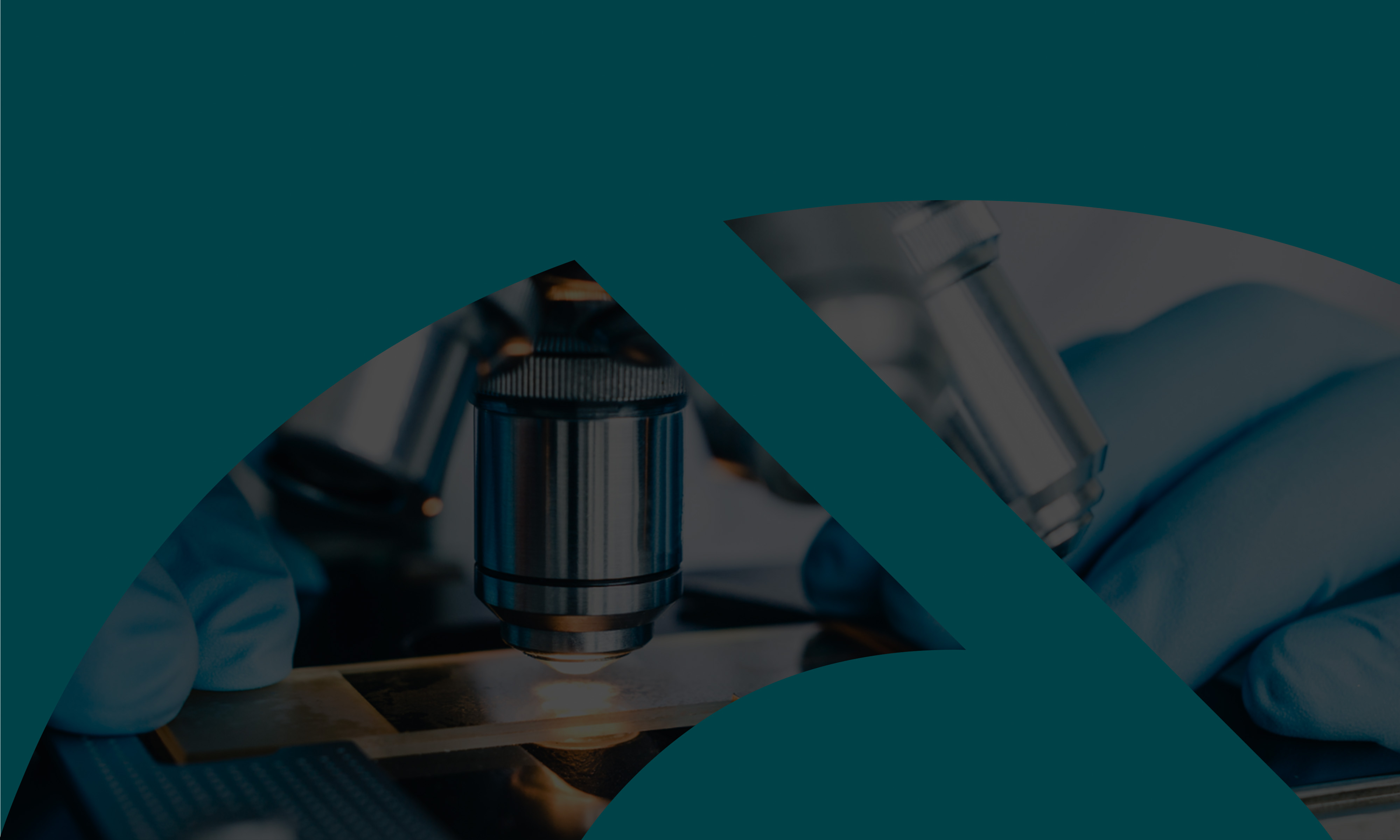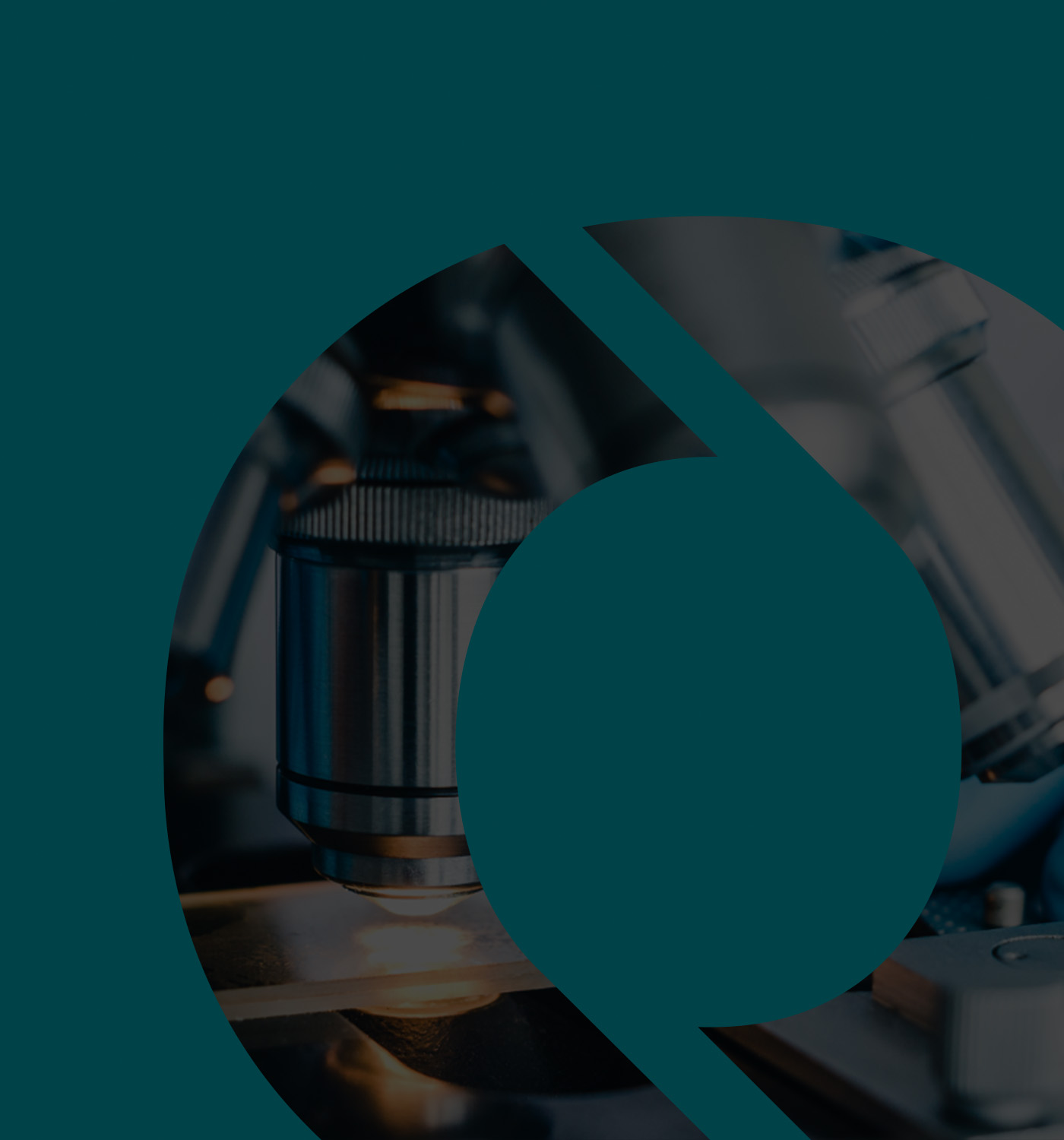Although the new MDR offers a transitional period of up to four years, it is clear that all products will have to be re-certified – many of them at greater expense than was previously the case.
Under these conditions, it is necessary to subject your own portfolio to a detailed analysis. Before you sort out products, however, you should seek dialogue with your customers: If you are no longer able to produce a medtech article at a cost-covering level under the new requirements, clarify whether and under what circumstances your customers will accept higher costs. A serious, transparent calculation can serve as an argumentation aid.
At the same time, you should look for solutions together with your suppliers. Respecifications or standardizations may help you to control costs. Our experts will be happy to support you in analysing and developing your portfolio.







